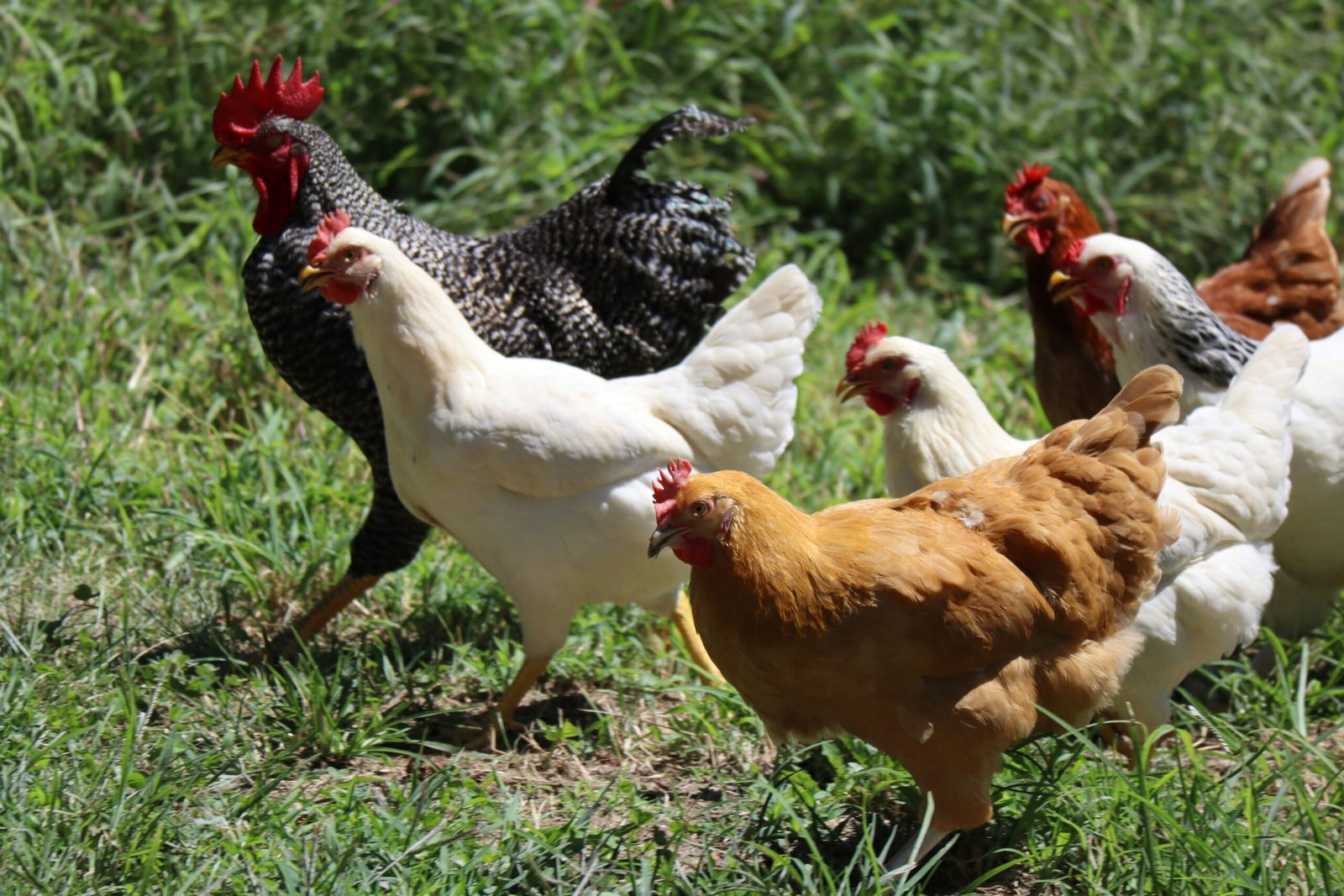The Role of Chickens in Sustainable Living Practices
When it comes to sustainable living practices, chickens are often overlooked but they can play a significant role in creating a more eco-friendly and self-sufficient lifestyle. From reducing food waste to contributing to composting, chickens offer numerous benefits that align with the principles of sustainability.
1. Reducing Food Waste
One of the key ways chickens contribute to sustainable living is by helping to reduce food waste. Chickens are natural omnivores and can eat a wide variety of kitchen scraps and leftovers that would otherwise end up in the trash. By feeding them these scraps, we can divert organic waste from landfills and turn it into valuable nutrition for our feathered friends.
Not only does this reduce the amount of waste going to landfills, but it also decreases methane emissions, a potent greenhouse gas that contributes to climate change. By incorporating chickens into our sustainable living practices, we can minimize our carbon footprint and make a positive impact on the environment.
2. Composting with Chickens
Chickens are excellent composting companions. Their natural scratching and pecking behavior helps to break down organic matter and accelerate the composting process. By allowing chickens to roam in designated compost areas, they not only help to turn and aerate the compost pile but also add valuable nitrogen-rich manure to the mix.
This symbiotic relationship between chickens and composting creates a closed-loop system where organic waste is transformed into nutrient-rich compost, which can then be used to fertilize gardens and grow more food. By harnessing the power of chickens in composting, we can reduce the need for synthetic fertilizers and promote healthier, more sustainable soil practices.
3. Self-Sufficiency and Chickens
Chickens can also contribute to a self-sufficient lifestyle. By keeping chickens, individuals and families can have a constant supply of fresh eggs, reducing the need to rely on store-bought eggs that may be produced using unsustainable practices. Additionally, chickens can be a source of meat for those who choose to raise them for meat consumption.
Furthermore, chickens can help control pests in the garden, reducing the need for harmful pesticides and insecticides. Their natural foraging behavior helps to keep populations of insects and other pests in check, promoting a more balanced and sustainable ecosystem in the garden.
Conclusion
Chickens have a valuable role to play in sustainable living practices. From reducing food waste and contributing to composting to fostering self-sufficiency, these feathered creatures offer a range of benefits that align with the principles of sustainability. By embracing the role of chickens in our lives, we can take meaningful steps towards creating a more eco-friendly and self-sufficient future.
So, whether you have a spacious backyard or live in an urban environment, consider incorporating chickens into your sustainable living practices. Not only will they provide you with fresh eggs and contribute to a healthier garden, but they will also help to reduce waste and promote a more sustainable lifestyle overall.




